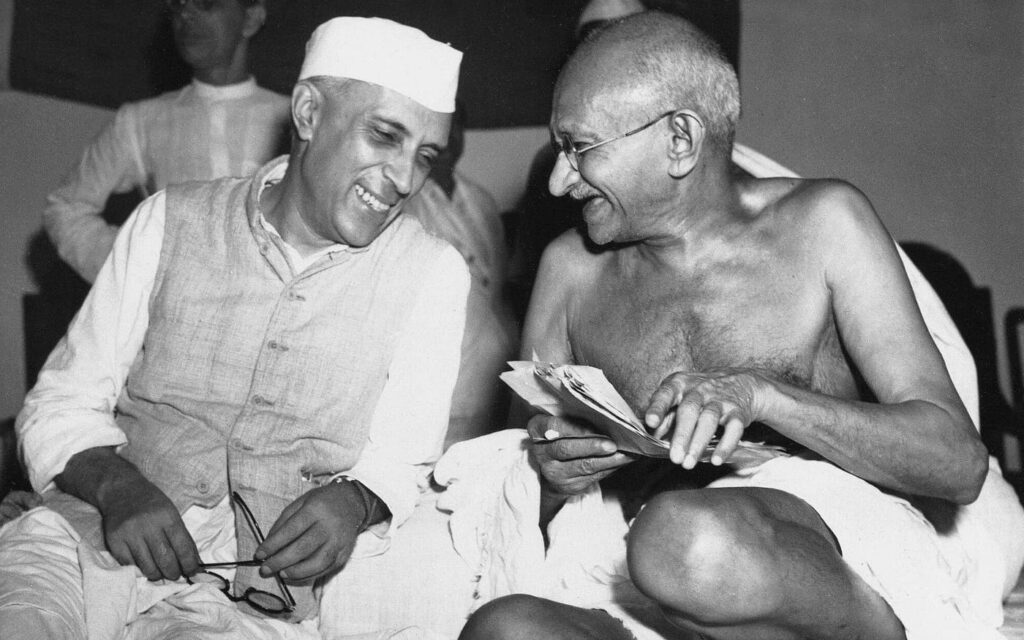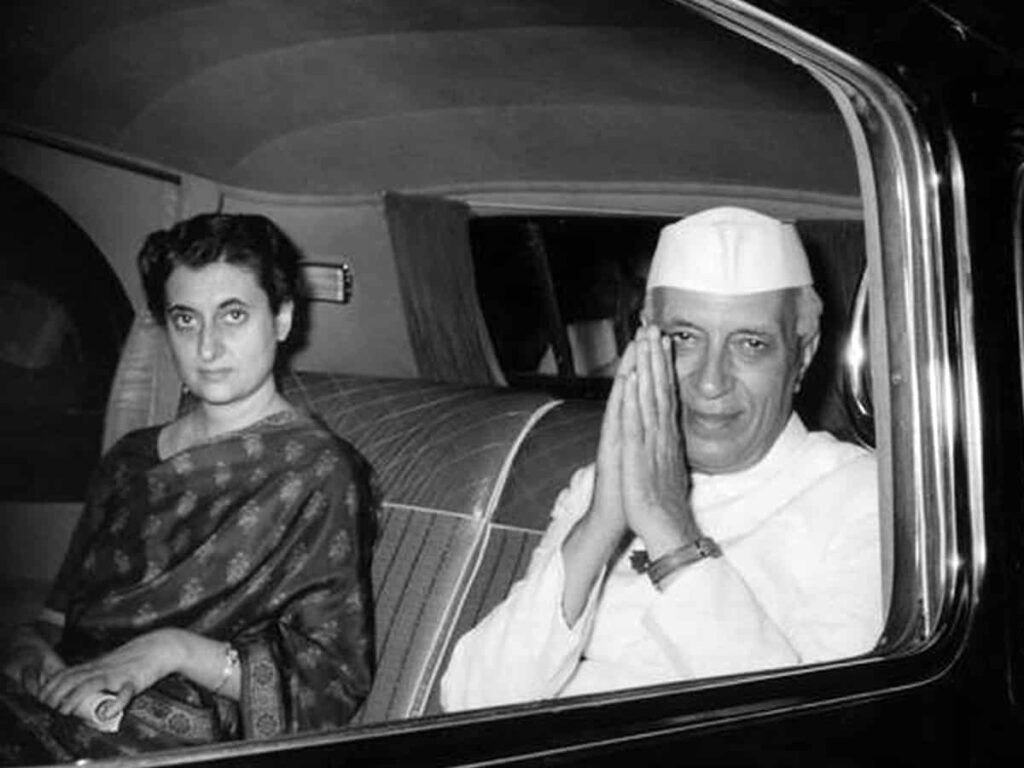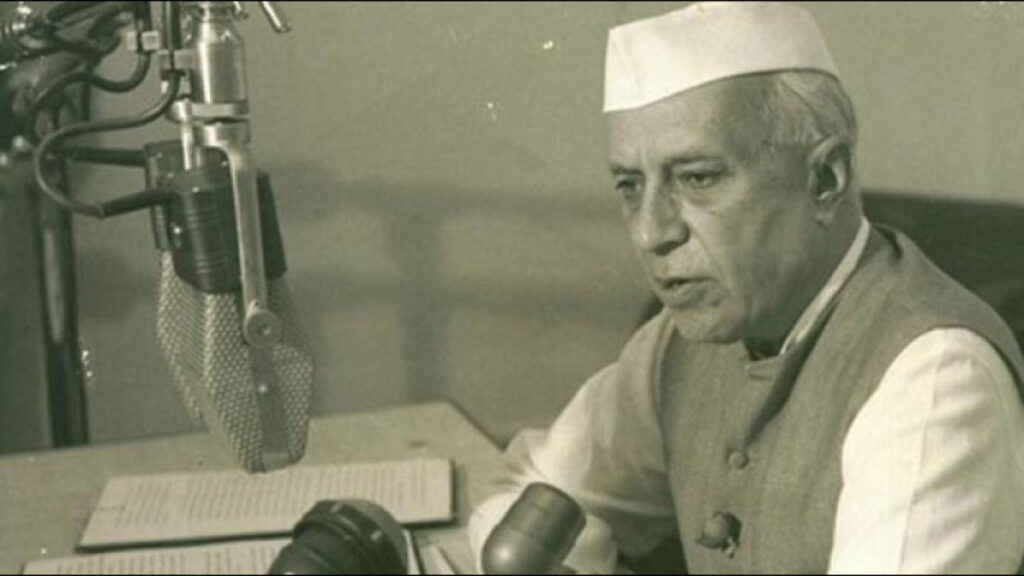Description: Learn about the life, legacy, and contributions of Jawaharlal Nehru, India’s first prime minister who played a key role in shaping India’s future as a democratic, secular, and independent nation.

Introduction
Jawaharlal Nehru, fondly known as Pandit Nehru, was an Indian nationalist leader and statesman who served as the first Prime Minister of independent India from 1947 until his death in 1964. He was a visionary leader who played a key role in India’s struggle for independence and was instrumental in shaping the country’s future as a democratic, secular, and modern nation. Nehru’s contributions to India’s political, social, and economic development were immense, and he remains one of the most revered and respected figures in Indian history.

The Early Life and Education of Jawaharlal Nehru
Jawaharlal Nehru was born on November 14, 1889, in Allahabad, India, into a prominent political family. His father, Motilal Nehru, was a wealthy lawyer and one of the leaders of the Indian National Congress, which was at the forefront of India’s struggle for independence from British colonial rule. Nehru received his early education at home, where he was tutored by private tutors in a wide range of subjects, including English, mathematics, history, science, and Sanskrit.
Nehru’s Involvement in India’s Struggle for Independence
Nehru was deeply influenced by the nationalist and anti-colonial sentiments of his father and other leaders of the Indian National Congress. He became an active participant in India’s struggle for independence, joining the Congress in 1919 and playing a key role in organizing various protests and demonstrations against British rule.
Nehru was arrested several times for his involvement in these protests, but he continued to fight for India’s freedom. He also served as the President of the Indian National Congress on several occasions and played a key role in negotiating India’s independence with the British government.

Nehru’s Vision for India’s Future
Nehru was a visionary leader who had a clear vision for India’s future as a democratic, secular, and modern nation. He believed that education, science, and technology were essential for India’s progress and worked tirelessly to promote these fields. He also championed the cause of social justice and worked to eliminate poverty, inequality, and discrimination in Indian society.
Nehru’s vision for India’s future was encapsulated in his famous “Tryst with Destiny” speech, which he delivered on the eve of India’s independence in 1947. In this historic speech, Nehru emphasized the importance of democracy, secularism, and social justice in building a new and prosperous India.
Nehru’s Legacy and Contributions to India
Nehru’s contributions to India’s political, social, and economic development were immense. As India’s first Prime Minister, he laid the foundation for a democratic and secular republic and worked to establish strong institutions and policies that have helped India thrive as a nation.
Nehru’s contributions to India’s economic development were also significant. He implemented a series of reforms aimed at modernizing India’s economy, including the establishment of public sector enterprises and the promotion of heavy industry. Nehru was also a strong advocate for education and science and technology, and he set up several prestigious institutes of higher learning, including the Indian Institutes of Technology and the Indian Institutes of Management.

FAQs:
Q: What is Jawaharlal Nehru best known for? A: Jawaharlal Nehru is best known for his role as India’s first Prime Minister and his contributions to India’s
Q: What was Nehru’s stance on democracy and secularism? A: Nehru was a strong advocate of democracy and secularism. He believed that a democratic and secular state was essential for India’s progress and unity. He worked to establish a secular constitution and promote religious tolerance and harmony in Indian society.
Q: How did Nehru contribute to India’s economic development? A: Nehru implemented a series of economic reforms aimed at modernizing India’s economy. He established public sector enterprises and promoted heavy industry, which helped India’s economy grow rapidly. Nehru also emphasized the importance of education and science and technology in economic development and set up several prestigious institutes of higher learning.
Q: What was Nehru’s vision for India’s future? A: Nehru had a clear vision for India’s future as a democratic, secular, and modern nation. He believed in the importance of education, science, and technology in driving India’s progress and worked to eliminate poverty, inequality, and discrimination in Indian society.
Conclusion:
Jawaharlal Nehru was a visionary leader who played a key role in shaping the future of India as a democratic, secular, and modern nation. His contributions to India’s political, social, and economic development were immense and have left a lasting impact on the country. Nehru’s legacy and vision for India’s future continue to inspire and guide the nation today. As India continues to face new challenges and opportunities in the 21st century, Nehru’s ideals of democracy, secularism, and social justice remain as relevant and important as ever.
Disclaimer
The information provided in this article is intended for educational and informational purposes only. It is not intended to provide political, legal, or social advice, and should not be construed as such. The views expressed in this article are those of the author and do not necessarily reflect the views of any organization or institution. The article is not intended to endorse or promote any political party or agenda, and the mention of any individual or organization should not be construed as an endorsement or criticism of their views or actions. The author makes no representations or warranties of any kind, express or implied, about the completeness, accuracy, reliability, suitability, or availability with respect to the information, products, services, or related graphics contained in this article for any purpose. Any reliance you place on such information is therefore strictly at your own risk.

I am not sure where you’re getting your info, but good topic. I needs to spend some time learning much more or understanding more. Thanks for magnificent info I was looking for this information for my mission.
hello!,I like your writing very so much! proportion we keep up a correspondence extra approximately your post on AOL? I need an expert in this space to unravel my problem. May be that is you! Taking a look forward to see you.
Wow, superb blog structure! How lengthy have you been running a blog for?
you make blogging look easy. The overall look of your web site is wonderful, as smartly as
the content! You can see similar here sklep online
Insightful piece